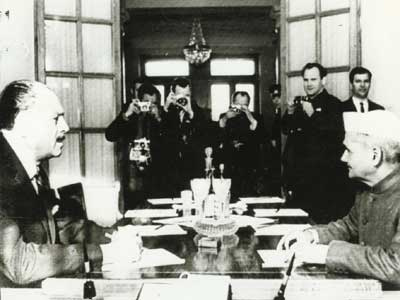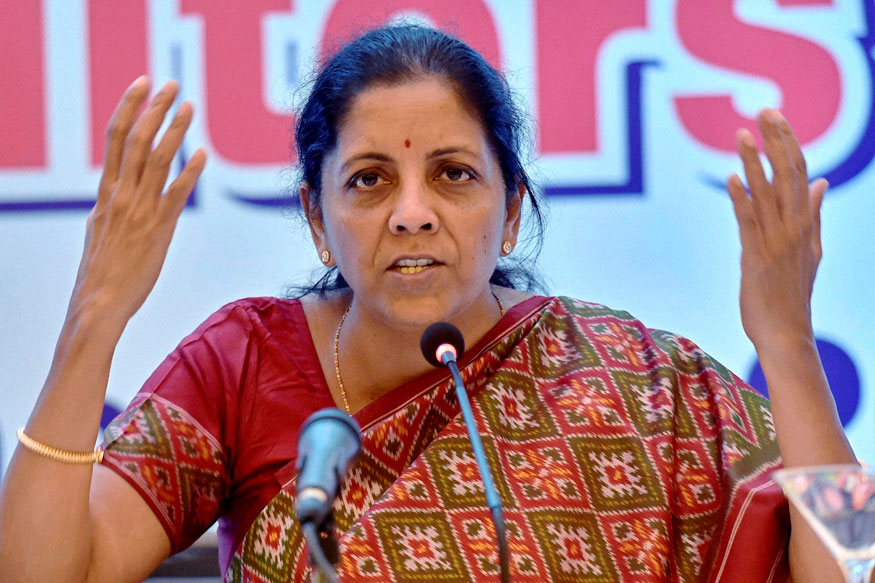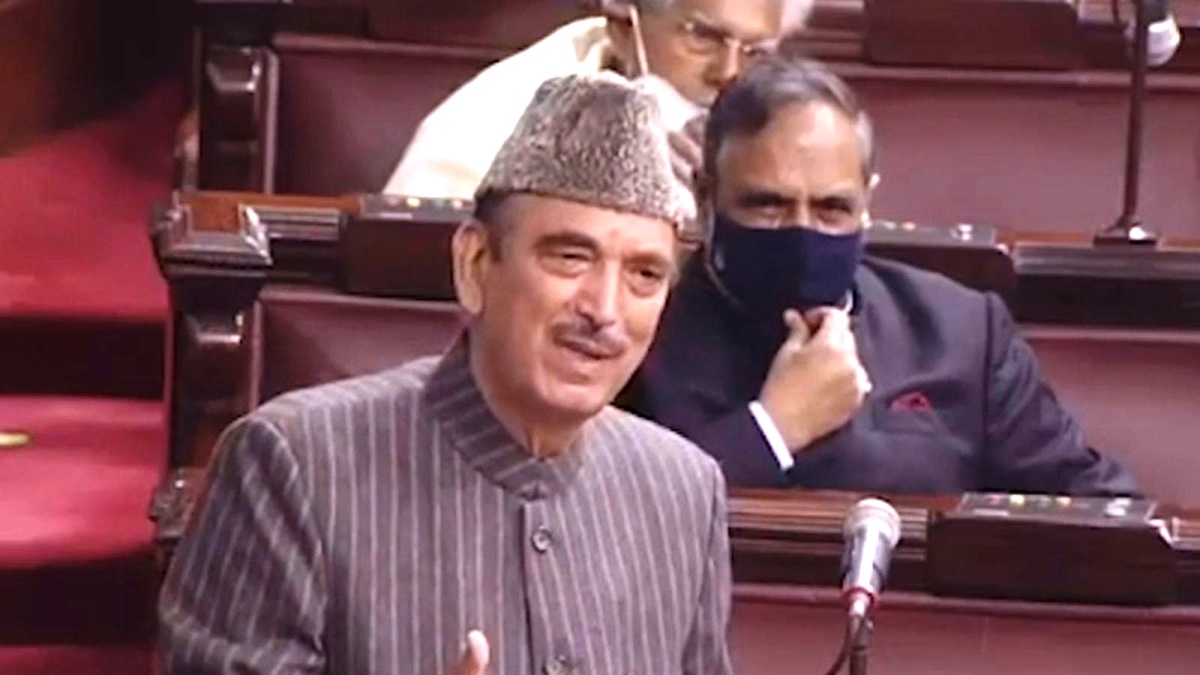The war between India and Pakistan in 1965 was the outcome of continued skirmishes and reported infiltrations of Pakistani regulars and irregulars in Kashmir. The war started formally on August 15 when the Indian army crossed the LoC. For the following five weeks, the two sides fought at different fronts, seized each others territories. International mediation led to halt in the war on September 23. In the immediate follow-up, USSR played facilitator for the Indian Prime Minister Lal Bahadur Shastri (October 2, 1904 –January 11, 1966) and Pakistani dictator president Ayub Khan who made a peace declaration, the Tashkent agreement on January 10, 1966. The declaration that discussed troop pull-out, trade and other issues of mutual interest came at the end of a week long meeting. Shastri died of heart attack in Tashkent at the end of the summit.

“The Prime Minister of India and the President of Pakistan, having met at Tashkent and having discussed the existing relations between India and Pakistan hereby declare their firm resolve to restore normal and peaceful relations between their countries and to promote understanding and friendly relations between their peoples. They consider the attainment of these objectives of vital importance for the welfare of the 600 million people of India and Pakistan.
(i) The Prime Minister of India and the President of Pakistan agree that both sides will exert all efforts to create good neighborly relations between India and Pakistan in accordance with the United Nations Charter. They reaffirm their obligation under the Charter not to have recourse to force and to settle their disputes through peaceful means. They considered that the interests of peace in their region and particularly in the Indo-Pakistan subcontinent and indeed, the interests of the peoples of India ad Pakistan were not served by the continuance of tension between the two countries. It was against this background that Jammu & Kashmir was discussed, and each of the sides set forth its respective position.
(ii) The Prime Minister of India and the President of Pakistan have agreed that all armed personnel of the two countries shall be withdrawn not later than 25 February 1966 to the positions they held prior to 5 August 1965, and both sides shall observe the cease-fire terms on the cease-fire line.
(iii) The Prime Minister of India and the President of Pakistan have agreed that relations between India and Pakistan shall be based on the principle of non-interference in the internal affairs of each other.
(iv) The Prime Minister of India and the President of Pakistan have agreed that both sides will discourage any propaganda directed against the other country and will encourage propaganda which promotes the development of friendly relations between the two countries.
(v) The Prime Minister of India and the President of Pakistan have agreed that the High Commissioner of India to Pakistan and the High Commissioner of Pakistan of India will return to their posts and that the normal functioning of diplomatic missions of both countries will be restored. Both Governments shall observe the Vienna Convention of 1961 on Diplomatic Intercourse.
(vi) The Prime Minister of India and the President of Pakistan have agreed to consider measures towards the restoration of economic and trade relations, communications as well as cultural exchanges between India and Pakistan, and to take measures to implement the existing agreement between India and Pakistan.
(vii) The Prime Minister of India and the President of Pakistan have agreed that they will give instructions to their respective authorities to carry out the repatriation of the prisoners of war.
(viii) The Prime Minister of India and the President of Pakistan have agreed that the two sides will continue the discussions of questions relating to the problems of refugees and eviction of illegal immigrations. They also agreed that both sides will create conditions which will prevent the exodus of people. They further agree to discuss the return of the property and assets taken over by either side in connection with the conflict.
(ix) The Prime Minister of India and the President of Pakistan have agreed that the two sides will continue meetings both at highest and at other levels of matters of direct concern to both countries. Both sides have recognized the need to set up joint Indian-Pakistani bodies which will report to their Governments in order to decide















